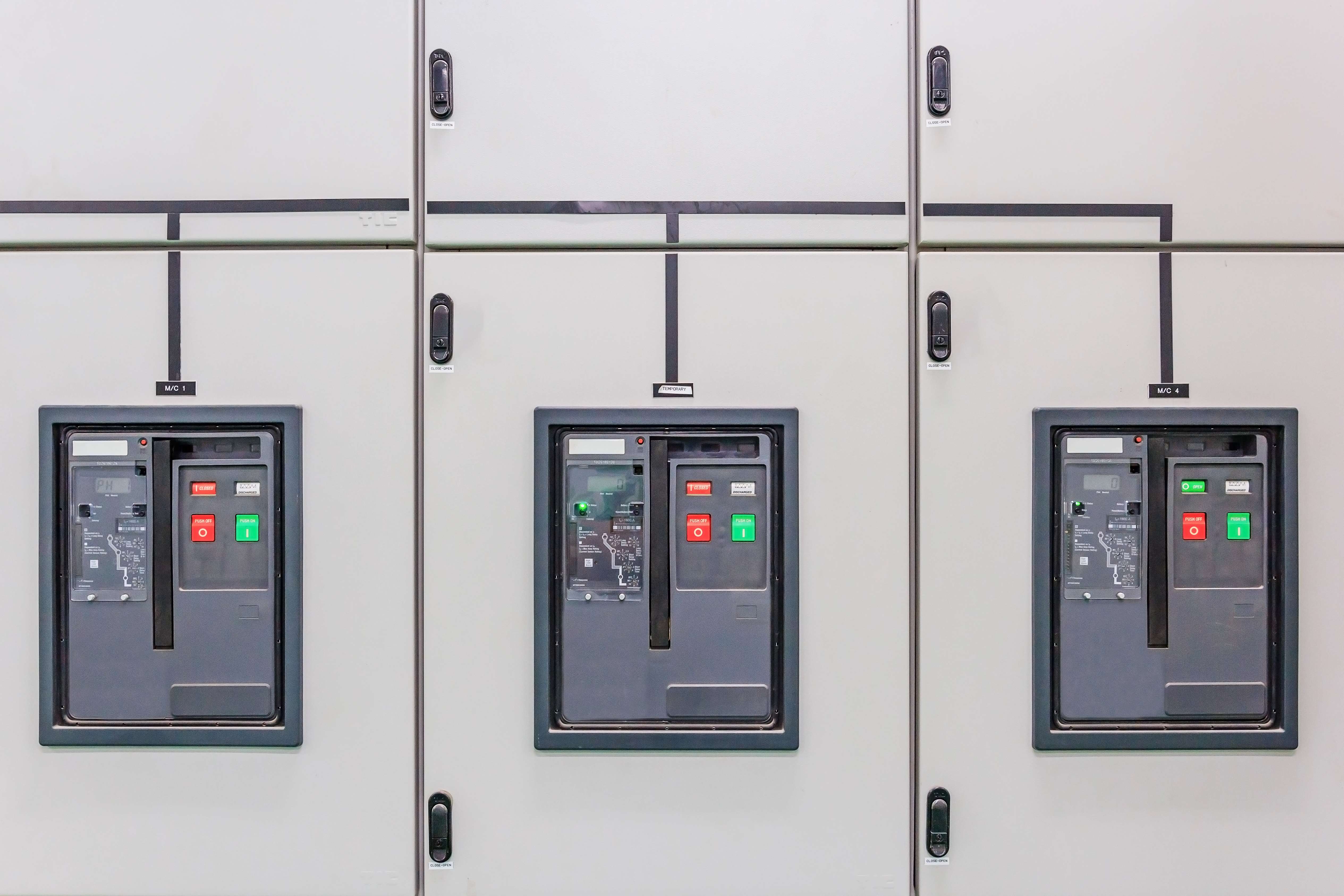
Introduction to High-Voltage & Low-Voltage Switchboards
High and Low Voltage Switchboards are critical equipment in power systems, mainly responsible for taking the high-voltage electricity supplied by power companies, stepping it down, and distributing it safely and stably to various electrical loads. Their function is like the central nervous system of a power network, ensuring stable operation of factories, buildings, or facilities.
1. High Voltage Switchgear
-
Voltage Level: Typically 3.6kV–36kV.
-
Purpose: Receives high-voltage power from utility companies or on-site generators, providing protection, control, and transferring it to transformers.
-
Main Equipment: High-voltage circuit breakers, metering panels, protective relays, surge arresters, etc.
-
Features:
-
Provides short-circuit and overload protection
-
Can be integrated with Automatic Transfer System (ATS)
-
Suitable for factories, buildings, and substations
-
2. Low Voltage Switchboard
-
Voltage Level: Generally 380V or 220V.
-
Purpose: Distributes the stepped-down electricity from transformers to different circuits, such as lighting, HVAC, and machinery.
-
Main Equipment: Air Circuit Breaker (ACB), Molded Case Circuit Breaker (MCCB), Residual Current Circuit Breaker, meters, busbars, etc.
-
Types:
-
Main Distribution Board: Handles the first level of power distribution after the main incoming supply
-
Sub Distribution Board: Further distributes electricity to different floors or zones
-
Power Distribution Board: Dedicated to mechanical power loads (motors, compressors, etc.)
-
Control Panel: Manages various automated systems (e.g., HVAC, pumps)
-
3. Key Points in Design and Manufacturing
-
Safety: Complies with CNS or IEC standards, with isolation and grounding protection
-
Modularity: Easy for future expansion and maintenance
-
Smart Options: Can be equipped with PLC, SCADA systems, or Energy Management Systems (EMS)
-
Appearance and Structure: Fire-resistant powder coating, IP protection ratings (commonly IP42–IP54)
4. Applications
-
Industrial factories
-
Commercial buildings
-
Medical facilities
-
Server rooms and data centers
-
Schools and government institutions
-
Renewable energy systems (e.g., solar grid-connected panels)
If you have project planning needs, feel free to contact Hualun: sales@hleetw.com LINE ID: @hleetw